Photographs: Yuri Gripas/Reuters BS Reporter in New Delhi/Manila
As the government draws criticism over slow pace of economic reforms, Finance Minister Pranab Mukherjee on Saturday said delays were inevitable in a coalition-run government as the views of all the partners had to be taken on board which was a time-consuming process.
Some of the allies of the ruling United Progressive Alliance government have been opposing foreign direct investment in multi-brand retail, besides some other reforms.
. . .
Delay in reforms inevitable in a coalition: FM
Image: Bandra-Worli Sea Link, Mumbai.Photographs: Mukesh Gupta/Reuters
"Yes, there have been delays in some crucial legislation, but when you run a multi-party coalition government and when the electorate gives a fractured mandate that limits the powers of the executive. . . with the mandate that you have to carry others with you. . . your own views are not adequate, till you carry others with you," Mukherjee told a press conference in Manila after taking over as the chairman of the Board of Governors of the Asian Development Bank.
His remarks came weeks after Chief Economic Advisor Kaushik Basu was quoted as saying that major reforms in India would have to wait till 2014 general elections.
Basu had later denied those remarks, saying he had been misquoted, after his comments caused a stir in the political circles.
. . .
Delay in reforms inevitable in a coalition: FM
Image: Pranab Mukherjee at the IMF headquarters.Photographs: Jay Mandal/On Assignment
Meanwhile, the Asian Development Bank said on Saturday it would provide an assistance of $6.25 billion to India over three years for various projects, including those in the energy and education sectors.
"ADB's three-year country operations business plan for India for 2012-2014 will provide lending assistance of $6.25 billion to support inclusive and environmentally sustainable growth," ADB Secretary Robert Dawson said. The lending support will go to key areas like transport, energy, urban development, agriculture natural resource management, finance and education.
Before this, ADB had approved 159 loans (sovereign and non-sovereign) for India -- amounting to $24.12 billion.
. . .
Delay in reforms inevitable in a coalition: FM
Photographs: Reuters
In May next year, India will hold annual meeting of ADB Board of Governors in New Delhi.
The finance minister shared the concerns of a section of industry and investors over delays in decision making.
Although it is time-consuming and at times to 'the point of almost frustration', it is lasting, Mukherjee said, adding, since the economic reforms began in 1991, there had been a commitment among political parties to liberalisation.
He added the government had taken major initiatives to boost business sentiment -- like the new investor-friendly manufacturing policy, liberalisation of inflows in the capital market and easing of the rules for the companies to raise funds overseas.
. . .
Delay in reforms inevitable in a coalition: FM
Photographs: Jayanta Dey/Reuters
Significantly, Mukherjee said: "Discussions are also underway to decontrol some of the administered fuel prices."
The government estimated fuel subsidies at Rs 23,640 crore (Rs 236.4 billion) in the Union Budget 2011-12, but it had to revise it to Rs 68,481 crore (Rs 684.81 billion).
For this financial year, the government has pegged oil subsidies at Rs 43,580 crore (Rs 435.8 billion), which the critics have dubbed grossly underestimated.
Several key reforms, like the liberalisation of the voting rights in banks, increasing FDI limit in insurance and allowing it in multi-brand retail have been pending for long.
Of these, the Cabinet has cleared the Banking Laws (Amendment) Bill to raise a cap on voting rights in banks.
. . .
Delay in reforms inevitable in a coalition: FM
Photographs: Stringer/Reuters
Asked about the perception among some of the global ratings agencies on India, Mukherjee said they would have captured the mood and other parameters at a particular point of time, but the economic situations keep changing, like it improved in the US.
Last month, global credit ratings agency Standard and Poor's had lowered the country's sovereign rating outlook on account of fiscal situation, delay in reforms and external scenario.
Mukherjee said the government was committed to addressing important issues like increase in fiscal deficit.
"On the fiscal front, we are committed to bringing down the subsidy bill below 2 per cent of the GDP in 2012-13," he said.
. . .
Delay in reforms inevitable in a coalition: FM
Photographs: Fayaz Kabli/Reuters
Citing strong fundamentals and hopes of revival in business confidence, Mukherjee said the Indian economy would return to the pre-global crisis growth path in the coming years. ". . .Strong fundamentals of our economy will help us return to a sustained growth path of pre-2008 crisis level in the coming years," he said.
Mukherjee exuded confidence that Reserve Bank of India's move to cut policy rates would revive investments and business confidence.
At its annual monetary policy for 2012-13, RBI had cut policy rates by 50 basis points, for the first time in almost three years.

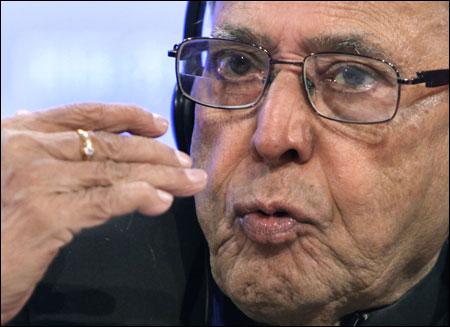

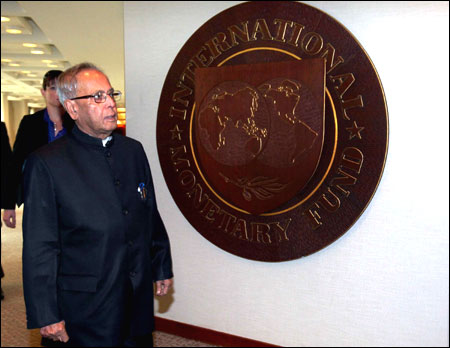
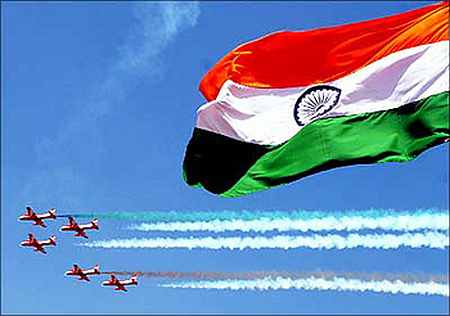
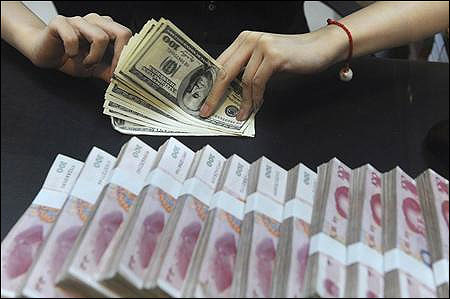
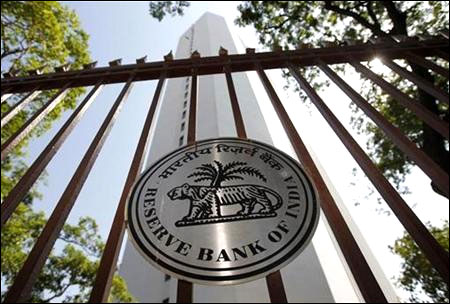
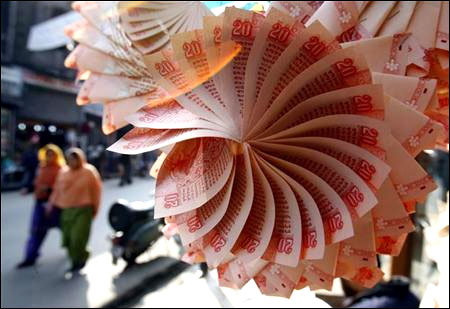

article